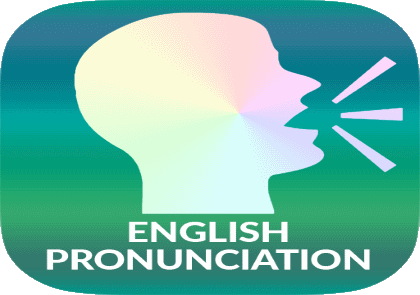Pronunciation is the way in which a word or a language is spoken. This may refer to generally agreed-upon sequences of sounds used in speaking a given word or language in a specific dialect ("correct pronunciation"), or simply the way a particular individual speaks a word or language.
A word can be spoken in different ways by various individuals or groups, depending on many factors, such as: the duration of the cultural exposure of their childhood, the location of their current residence, speech or voice disorders, their ethnic group, their social class, or their education.
Syllables are counted as units of sound (phones) that they use in their language. The branch of linguistics which studies these units of sound is phonetics. Phones which play the same role are grouped together into classes called phonemes; the study of these is phonemics or phonematics or phonology. Phones as components of articulation are usually described using the International Phonetic Alphabet (IPA).
A huge range of people need to be able to speak English in today’s globalised world. This means that you’ll need to understand, and be understandable to, other non-native speakers. But diversity in spoken English should also be appreciated.
By the end of the course you will have improved your English pronunciation so you will feel confident in speaking English in different contexts.
English is not Phonetic
"Pronunciation" refers to the way a word or a language is usually spoken, or the manner in which someone utters a word. If someone said to have "correct pronunciation," then it refers to both within a particular dialect.
A word can be spoken in different ways by various individuals or groups, depending on many factors, such as:
1. the area in which they grew up
2. the area in which they now live
3. if they have a speech or voice disorder
4. their ethnic group
5. their social class
6. their education
Always remember that English is not "phonetic". That means that we do not always say a word the same way that we spell it.
Some words can have the same spelling but different pronunciation, for example:
I like to read [ri:d]
I have read [red] that book.
Some words have different spelling but the same pronunciation, for example:
I have read [red] that book.
My favourite colour is red [red].
Watch this video about pronunciation


